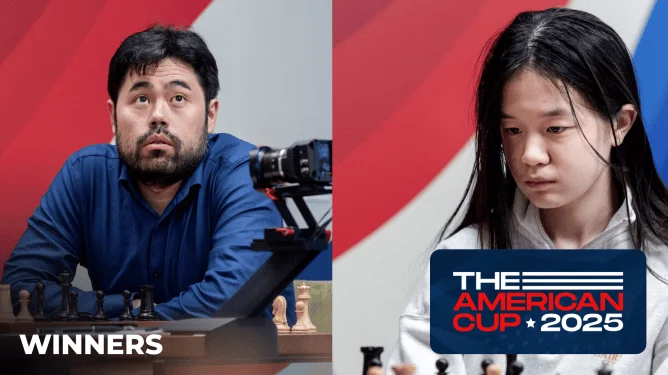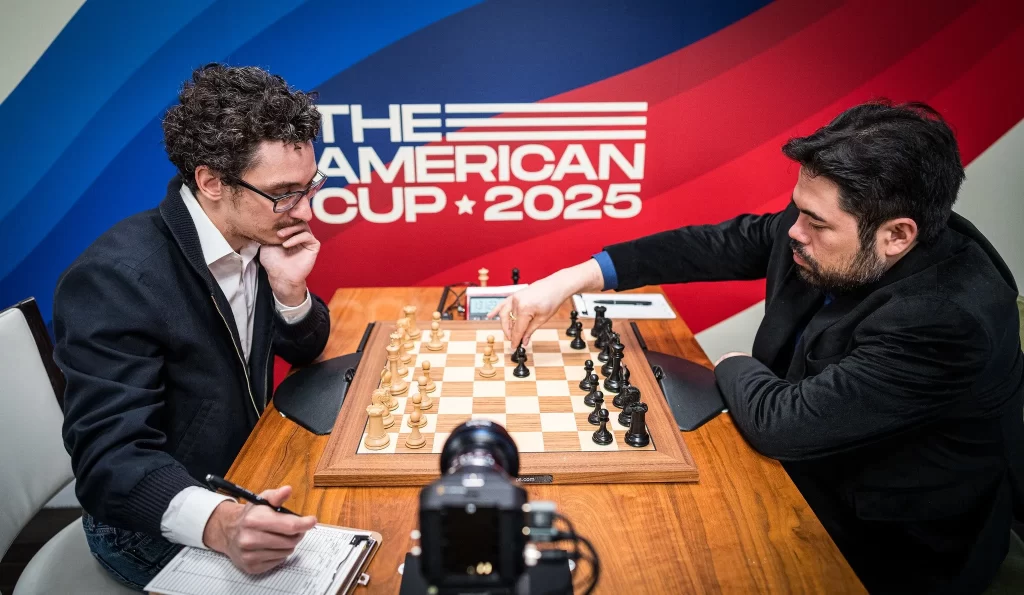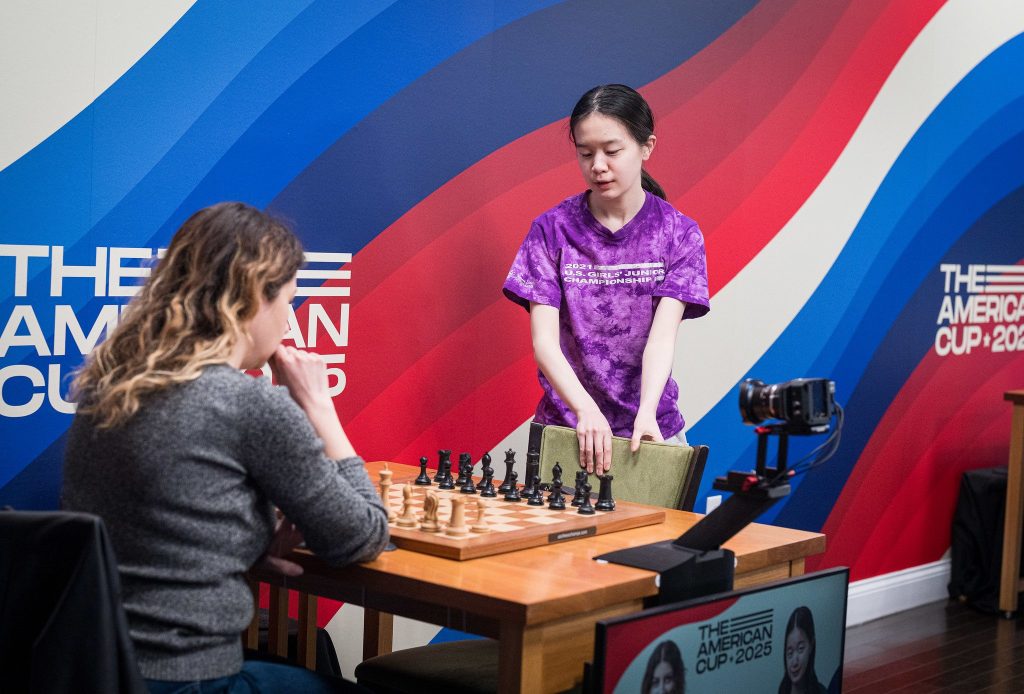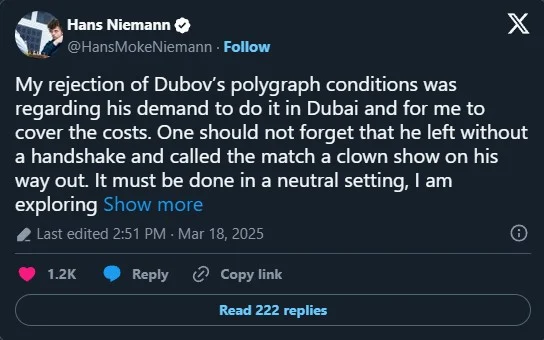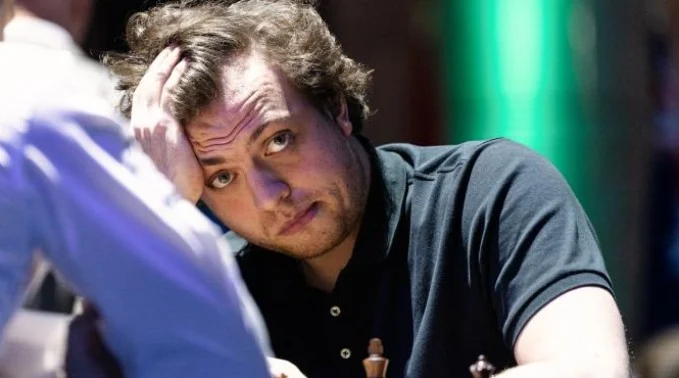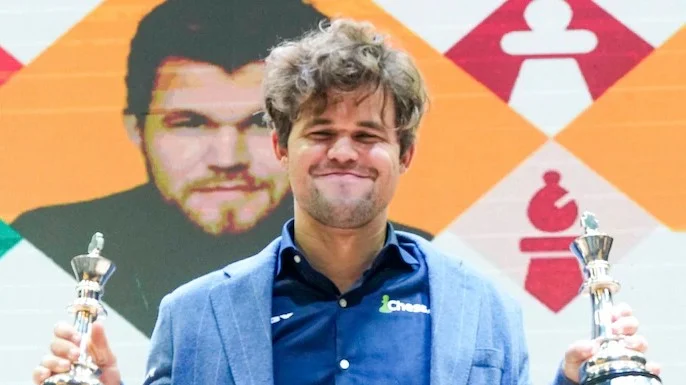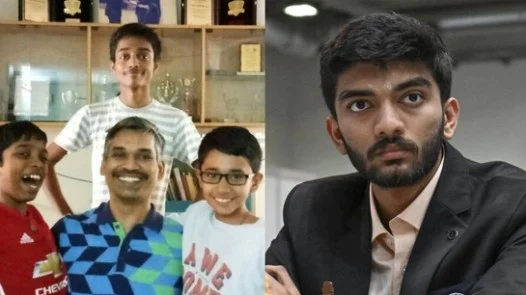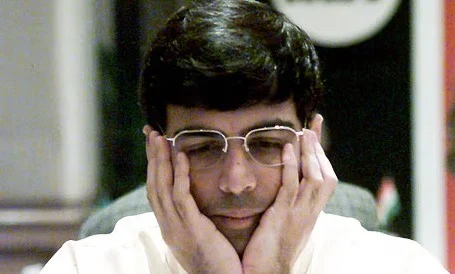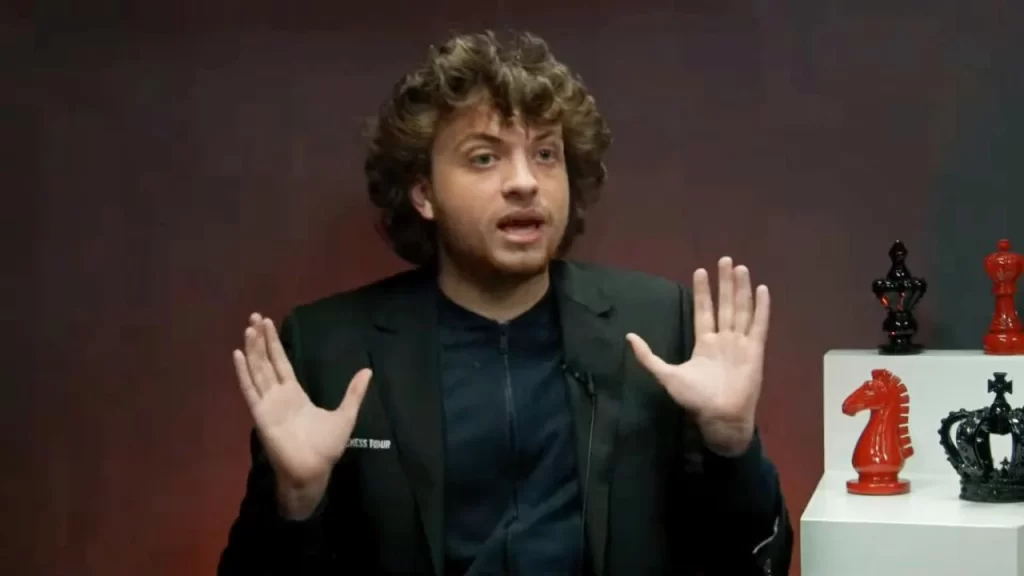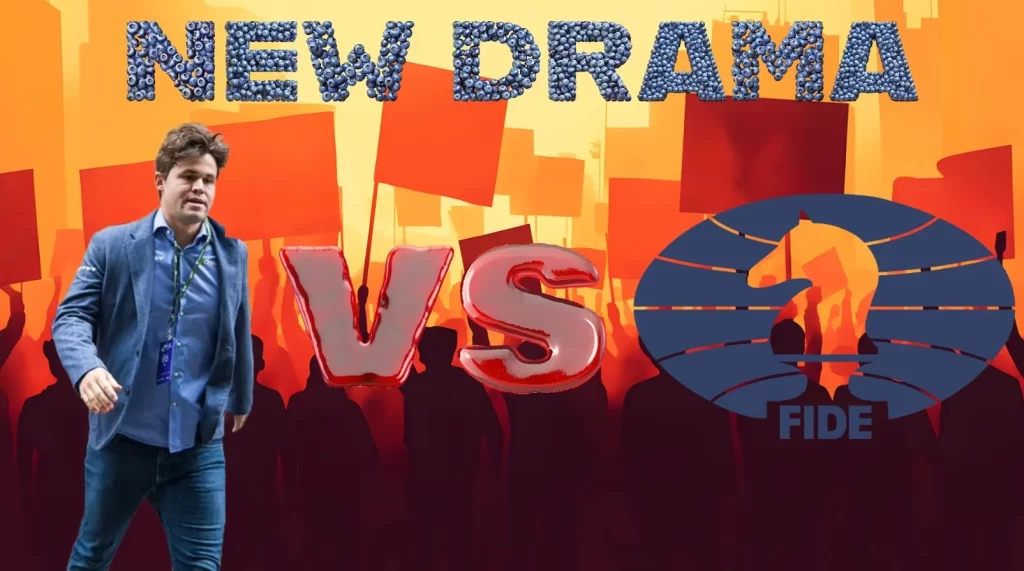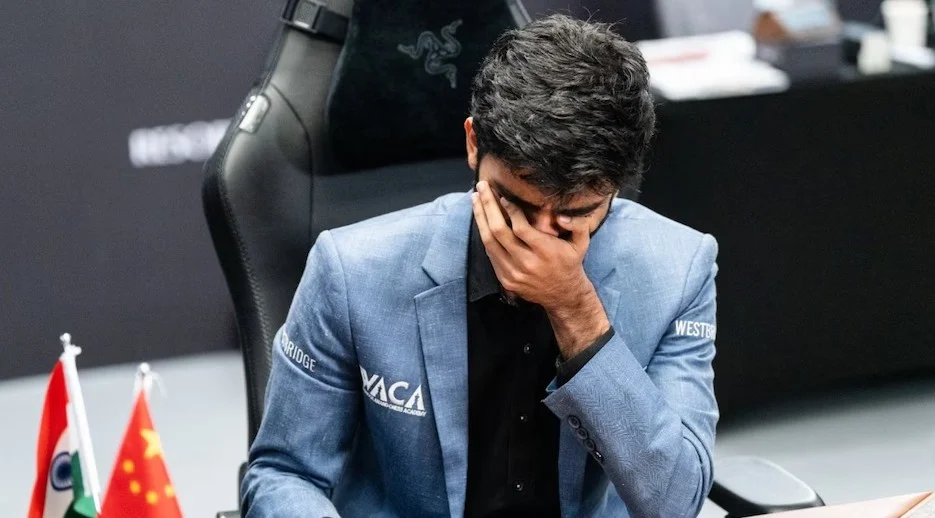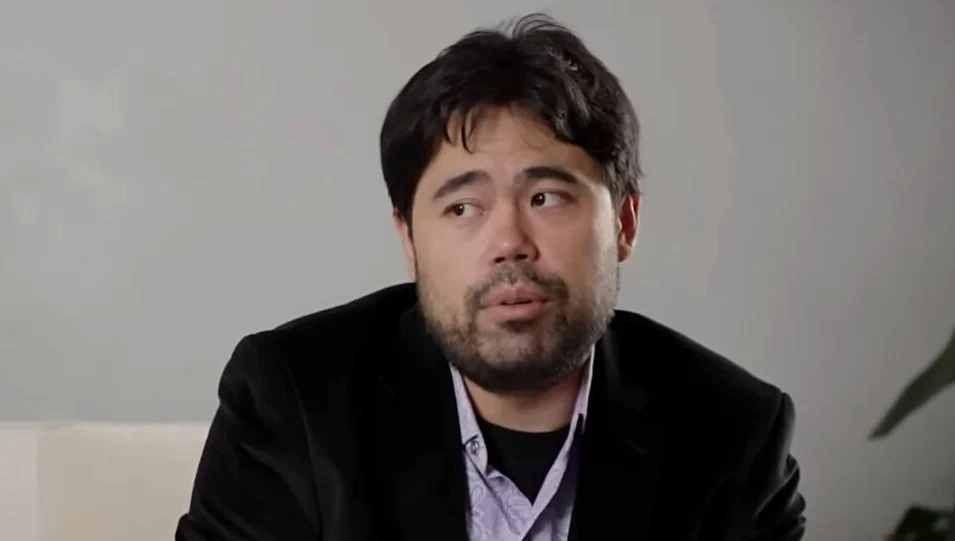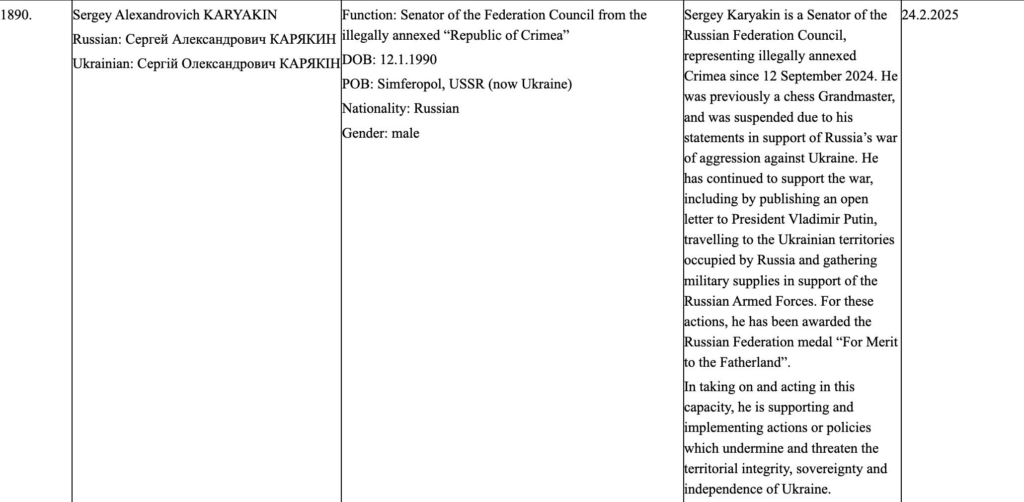Welcome, chess fanatics, to the wildest story you’ll read all week! If you thought the chessboard was the only place for jaw-dropping drama, think again. Alexandra Botez, the queen of chess streaming and one-half of the unstoppable BotezLive duo, has just pulled off a move so bold it’s left the internet buzzing—and it’s not even on a chessboard! In a stunning twist, this chess prodigy turned poker sensation has raked in a mind-blowing half-million dollars at the poker table, and we’ve got all the juicy details straight from her explosive interview on the Life Outside Poker podcast. Buckle up, because this is one story you cannot afford to miss!
From Chess Prodigy to Poker Powerhouse: The Rise of a Legend
Let’s rewind the clock for a second. Alexandra Botez isn’t just some random name in the chess world—she’s a certified legend. Born in Dallas and raised in Vancouver by Romanian parents, Botez was practically born with a chess piece in her hand. She started playing at six, snagged her first Canadian national title at eight, and went on to dominate the U.S. Girls Nationals at 15. With titles like Woman FIDE Master under her belt and a Twitch channel boasting over a million followers, she’s been checkmating opponents and winning hearts for years alongside her sister, Andrea. But here’s where it gets wild: Alexandra didn’t stop at chess. She’s now storming the poker world, and her latest haul is the stuff of headlines!
In the Life Outside Poker podcast episode 26, hosted by Connor Richards for PokerNews, Alexandra spills the tea on her insane journey from chessboards to poker tables. And trust us, this isn’t your average “I tried something new” story—this is a full-on blockbuster transformation! She’s not just dipping her toes in poker; she’s diving headfirst and coming up with piles of cash. How much, you ask? A staggering $456,900 in a single night! Yes, you read that right—nearly half a million dollars in one epic 2022 Hustler Casino Live stream, where she crushed it alongside icons like Phil Hellmuth, MrBeast, and Ninja. If that doesn’t scream “chess queen conquers all,” we don’t know what does!
The Night That Broke the Internet: $456,900 and Counting!
Picture this: It’s 2022, and the Hustler Casino Live stream is heating up. The table is stacked with heavy hitters—poker legend Phil Hellmuth, YouTube titan MrBeast, and gaming superstar Ninja. Enter Alexandra Botez, the chess streamer who’s about to turn the poker world upside down. What happens next? She doesn’t just play—she dominates. With nerves of steel and a mind sharper than a grandmaster’s gambit, Botez walks away with $456,900 in winnings, leaving pros and amateurs alike in the dust. MrBeast and Ludwig also cashed in big, but it was Alexandra who stole the show, proving she’s not just a chess genius—she’s a poker phenom too!
In the podcast, she dishes on how it all went down. “I was so nervous at first,” she admits, laughing about facing off against poker royalty. But nerves didn’t stop her from making bold moves—like the time she bluffed her way to a massive pot, leaving everyone stunned. “Chess taught me how to read people and stay calm under pressure,” she explains, and boy, did that pay off! The internet exploded after that night, with fans calling her the “Checkmate Queen of Poker.” And if you think that’s the end of her story, you’re dead wrong—because Alexandra’s just getting started!
Chess Meets Poker: The Ultimate Crossover You Didn’t See Coming
So, how does a chess master become a poker millionaire? It’s all about the skills, baby! In the Life Outside Poker interview, Alexandra breaks it down: “Chess and poker are more similar than people think.” Both games demand strategy, stamina, and the ability to outthink your opponent. “In chess, you’re grinding for hours, and it’s all on you when you lose,” she says. “Poker’s got that RNG [random number generator] element, which makes it more accessible—and honestly, more fun when you’re starting out.” Who knew the skills that crushed opponents on the 64 squares could translate to stacking chips at the felt?
Her dad, who taught her both games, deserves a shoutout here. “He’s the reason I got into poker,” Alexandra reveals. “He loved watching Daniel Negreanu because they’re both Romanian-Canadian.” Fast forward to 2024, and she’s not just watching Negreanu—she’s playing heads-up against him as GGPoker’s newest ambassador! Talk about a full-circle moment! The podcast captures her infectious excitement as she talks about this new chapter, and it’s clear: Alexandra Botez isn’t here to play small—she’s here to win big.
GGPoker Glory and WSOP Dreams: What’s Next for the Botez Blitz?

Speaking of GGPoker, Alexandra’s signing with the poker giant in 2024 is a game-changer. In the podcast, she gushes about the opportunity: “It’s insane to be part of this team with legends like Daniel Negreanu.” She’s already cashed big at the World Series of Poker (WSOP) Paradise—$22,190 in the $10,000 GGMillion$ Championship and $67,300 in the $25,000 Super Main Event. And guess what? She’s got her sights set on the 2025 WSOP, promising a “full schedule” of events. Could we see her at the final table, rocking the GGPoker patch and a million-dollar smile? Don’t bet against her!
But it’s not all smooth sailing. Alexandra gets real about the trolls and haters she’s faced as a streamer. “You’ve got to have thick skin,” she says, shrugging off the negativity. “I just focus on the game and the community.” That resilience is why she’s a role model for chess and poker fans alike—and why her story is pure clickbait gold!
Why You Should Care: The Botez Effect Is Taking Over!
Here’s the kicker: Alexandra Botez isn’t just winning money—she’s winning influence. Her BotezLive channel with Andrea is a Twitch juggernaut, and now she’s bringing that energy to poker. “I want to make poker as fun and accessible as chess became during the boom,” she tells Connor Richards. With her charisma, skill, and that half-million-dollar flex, she’s already doing it! The Life Outside Poker podcast is a must-listen for the full scoop—stream it now and hear her wild tales firsthand!
So, what’s the takeaway? Alexandra Botez is the crossover star we didn’t know we needed. From checkmating kids at eight to bluffing Phil Ivey at the WSOP, she’s rewriting the rules of what it means to be a chess icon. Is she the future of poker? Will she snag a WSOP bracelet in 2025? One thing’s for sure: you’ll want to keep your eyes on this queen, because her next move is going to be unbelievable. Click that podcast link, share this story, and join the Botez hype train—because this is one game you don’t want to miss!
Link to the original article on PokerNews
Our Summer Chess Camps are the best!
We have daily Online Group Lessons for all players of all skill levels!
Our Monthly Chess Tournaments are great for testing your skills!
Get a School Chess Program today!
Join the official Summit School of Chess Club (on Chess.com)

